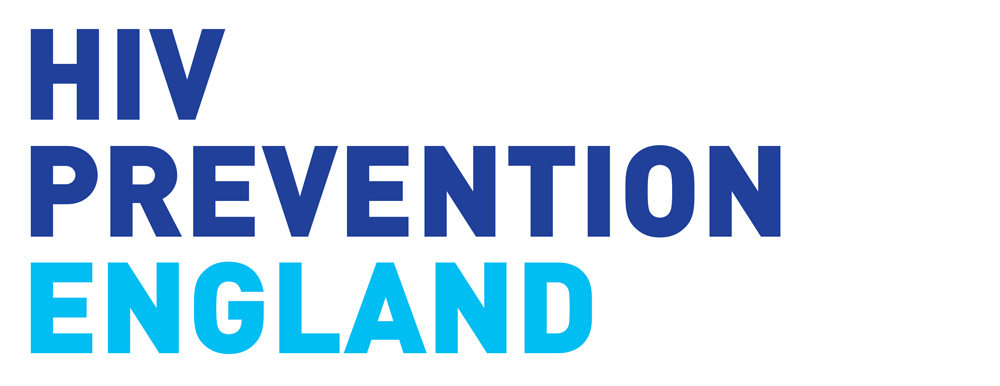Shigella is a bacterial pathogen which causes infection and can lead to severe diarrhoea and hospitalisation. Shigella is an overlooked pathogen as a sexually transmitted infection and health professionals’ knowledge about it and the current situation is very low.
On Tuesday 29 June 2021, HPE hosted a webinar with colleagues from Public Health England (PHE) and the British Association for Sexual Health and HIV (BASHH), exploring shigella trends in England, including qualitative observations of people who had experienced illness with shigella. We also shared information about our new campaign.
Background and current situation
Prior to the COVID-19 pandemic infections in England were increasing and have been linked to transmission through sexual contact among gay and bisexual men (GBM).
Hannah Charles, Senior HIV/STI Surveillance & Prevention Scientist, provided an introduction to shigella and updated attendees on the latest epidemiology of sexually transmitted shigella in England.
Download Hannah’s shigella trends in England slides [PDF]
Experiences of illness with shigella
PHE have captured qualitative observations from interviews with people, primarily GBM who have experience of shigella. Helen Corkin, Sexual and Reproductive Health Lead in London spoke to the following topics:
Awareness of shigella: There is a lack of awareness of shigella amongst GBM, and those interviewed described this was the same within their social and sexual networks.
Where cases present: The combined lack of awareness in GBM, and the link to sexual activity is often missed when diagnosing the symptoms of shigella. Many GBM attribute their poor health to something they have recently eaten, and bad food poisoning.
Unlike other STIs, shigella is not normally picked up in sexual health services. People are more likely to present with shigella in GP, pharmacy and Emergency Department (ED) settings depending on how poorly they are.
Severity of the experience: Most GBM advised they were shocked at how unwell they became, many were very sick. Some people described the situation as being in a ‘zombie state’, many were unable to leave the toilet and were passing out due to loss of fluids. There are serious consequences including kidney failure if people are not seen in care and looked after. Some GBM said the experience was so bad it had made them anxious about having sex again.
Assumptions about sexual behaviours: There are some assumptions that people diagnosed with shigella during the pandemic were primarily taking part in high-risk sexual behaviours, including Chemsex (sexualised drug use). While this was true in some interviewees, it was not identified as a singular link. We should engage and raise awareness of shigella in sexually active GBM.
Prevention, and its limitations: Shigella is highly infectious and easily spread, any sex where faecal-oral transmission is possible poses a risk, this includes via mouth, fingers and sex toys, and possibly items such as towels shared during sex.
There are safer sex strategies to reduce to risk of passing on shigella, but these are not always effective. The most pragmatic approach is to consider that an experience of poor health which matches the symptoms may be shigella, and avoid sex altogether if you or your partner has/ had diarrhoea recently.
Key messages from the event
- Prior to COVID-19 – shigella diagnoses among GBM were increasing, and more so in London and the South East, and Manchester and the North West.
- The circumstances created by the pandemic (i.e. restrictions implemented to halt the spread of COVID-19) led to a decrease in shigella cases, with a marked reduction in shigella sonnei (associated with consuming contaminated food and water when travelling abroad. Another species, shigella flexneri is associated with sexual transmission in GBM, but not exclusively).
- People can get very sick, and continue to be hospitalised. Antimicrobial resistance is concerning.
- Awareness among GBM is very low, and often only those who have experienced shigella fully understand the signs and symptoms.
- You can raise awareness in your community, get involved in our campaign.
Resources for health professionals
Webinar slides from PHE
Shigella trends in England [PDF]
PHE Health Protection Report
Sexually transmitted shigella spp. in England 2016 to 2020 [PDF]
Sexual Health Resources to share with the community
Information about shigella by Sexwise
For more information, please contact [email protected]
